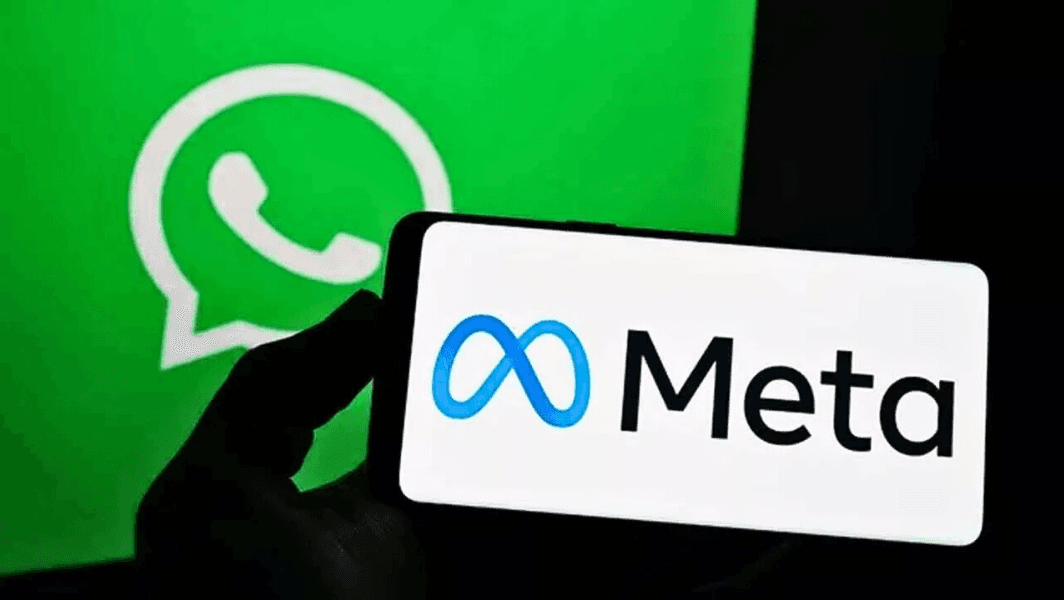
NCLAT Stays Five-Year Ban on WhatsApp’s Data Sharing with Meta Companies
Relief for WhatsApp as NCLAT Puts Data Sharing Ban on Hold
In a significant development, the National Company Law Appellate Tribunal (NCLAT) has stayed the Competition Commission of India’s (CCI) five-year ban on WhatsApp's data-sharing practices with Meta (formerly Facebook) companies. The tribunal’s decision comes as a relief for WhatsApp, allowing the platform to continue its data-sharing operations temporarily while the case proceeds.
Background of the Ban
The CCI had earlier imposed a five-year prohibition on WhatsApp, citing concerns over its data-sharing practices with Meta companies. The regulator argued that WhatsApp’s updated privacy policy violated user trust by enabling the transfer of personal data to Meta, potentially harming competition and consumer privacy.
The ban was part of broader scrutiny into the tech giant’s data practices, reflecting the growing global focus on safeguarding user privacy in the digital age.
NCLAT’s Observations
The appellate tribunal granted the stay after WhatsApp challenged the CCI's decision, arguing that the data-sharing practices were consistent with applicable laws and offered users sufficient transparency and choice. NCLAT observed that the issues raised in the case require detailed examination and that an immediate ban could cause significant disruption to WhatsApp’s operations and its users.
The tribunal’s interim order ensures that WhatsApp can continue its data-sharing practices until a final verdict is delivered.
Implications for WhatsApp and Meta
The stay provides temporary relief for WhatsApp and Meta, allowing them to maintain their current operations without immediate regulatory hurdles. However, the scrutiny highlights the increasing regulatory challenges faced by tech companies over data privacy and competition concerns.
The case will likely influence future regulatory decisions in India and other jurisdictions as governments and regulators intensify their focus on tech giants’ data-sharing policies.
Privacy Advocates Raise Concerns
While WhatsApp and Meta welcome the decision, privacy advocates have expressed concerns over user data being shared without explicit consent. They argue that the stay delays much-needed safeguards against potential misuse of personal data.
“This decision undermines efforts to ensure robust privacy protections for millions of users,” stated a representative from a leading privacy advocacy group.
What’s Next?
The NCLAT’s stay is an interim relief, with the final ruling expected to have significant ramifications for data privacy and competition in India. As the case progresses, it will likely set an important precedent for how tech companies balance user privacy with their business practices.
For now, WhatsApp users can expect continued operations under the current privacy policy, while stakeholders across the tech and legal sectors closely monitor the case's outcome.
For any enquiries or information, contact info@thelawreporters.com or call us on +971 52 644 3004. Follow The Law Reporters on WhatsApp Channels